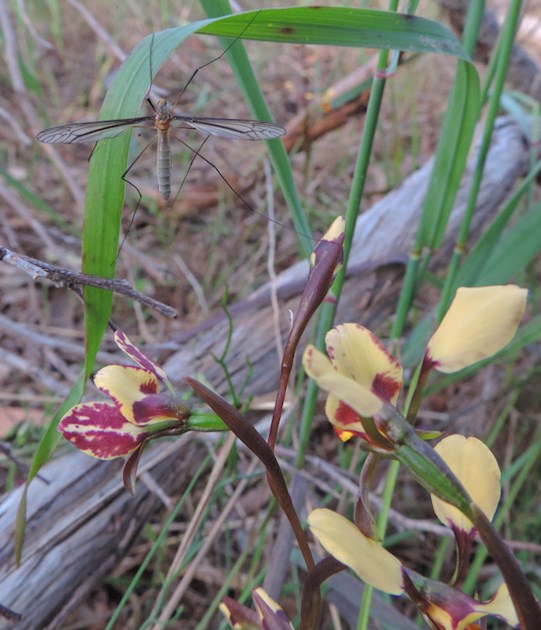'Our new research, published today in the journal ACS Central Science, shows that with the right investment, an open source drug discovery system – based on sharing all information in the public domain in real time – might compete with the traditional pharmaceutical industry to deliver the drugs we need.
Secrecy vs openness
Secrecy ruins the efficiency of the research process. Competing groups operate in ignorance of each others' results, experts fail to talk to each other and there’s unnecessary duplication.
There are groups pursuing projects known to others to be dead-ends.
In contrast, open source projects are developed by communities where everything is shared. Mutual learning is fast.
The ability to “look over the shoulder” of people working on the same problem can lead to extraordinary leaps of productivity. Contributors can rapidly identify problems and can join and leave a nimble team as required.
Examples of open source products are the Android operating system on our phones, the Firefox and Chrome web browsers on our computers and much of the infrastructure of the internet. Such things are often market-leading.'
From the University of Sydney, Matthew Todd, Associate Professor, School of Chemistry and Alice Williamson, Postdoctoral Research Associate and Teaching Fellow in Chemistry, University of Sydney explain how they’ve used open source principles in the discovery of new medicines for malaria: theconversation.com/making-...
Neil
Photo: Donkey Orchids being guarded by a very large insect
